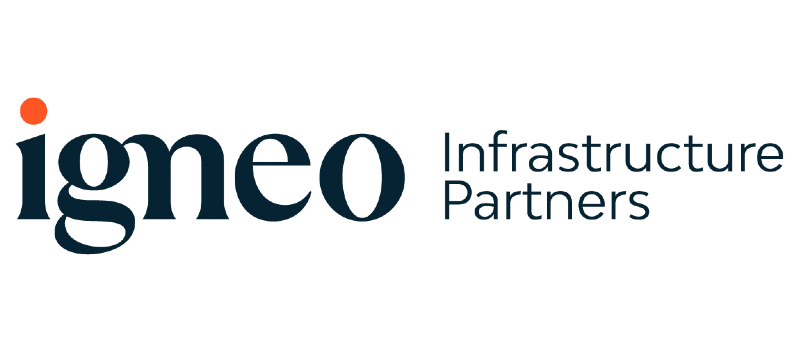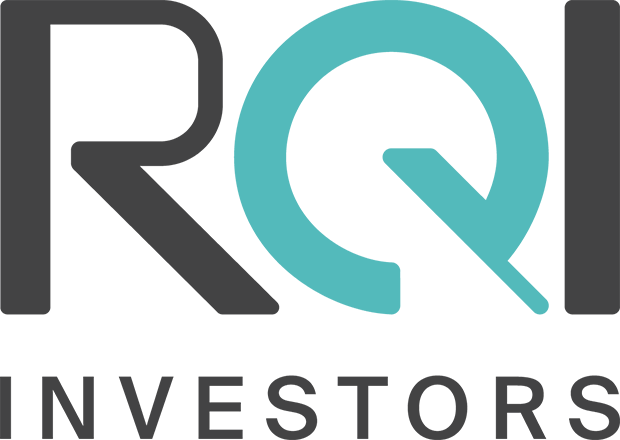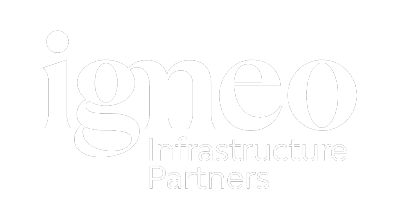
At AlbaCore, we focus on the long-term. As one of Europe’s leading alternative credit specialists, we invest in private capital solutions, opportunistic and dislocated credit and structured products.
Discover moreInvestment strategies
Insights

Our philosophy is very simple. We are constantly searching for high quality businesses and when we acquire them, we will work relentlessly with them to create long-term sustainable value through innovation, ESG-led and proactive asset management.
Discover moreInvestment strategies
Insights

Leader in active quantitative equities across Australian equities, global equities, emerging markets and global small companies.
Backed by a unique blend of research, portfolio construction and risk management, focused on uncovering original insights and translating them into investment strategies that are active and systematic, aiming to generate alpha.
Discover moreInvestment strategies
Insights

Specialists in equity portfolios in Asia Pacific, emerging markets, global and sustainable investment strategies
Discover moreAt First Sentier Investors, we believe that society must drastically reduce greenhouse gas emissions if we are to avoid the worst consequences of the climate crisis. Although we anticipate that greenhouse gas emissions in our own business operations are small compared to the emissions we finance through our investments, we are committed to reducing the environmental impacts of our business operations in all the locations in which we operate.
Our net zero journey
First Sentier Investors has the ambition to reduce greenhouse gas emissions across its business operations in line with a target of net zero emissions by 2030 (or sooner)*.
We are working towards this goal by transitioning our offices to renewable energy via energy retailers or through the purchase of Renewable Energy Certificates, energy efficiency opportunities in our offices, expanding our emissions data collection and developing resources to support our business.
Renewable energy
Since 2020, we have steadily increased the percentage of renewable energy procured for our office operations. In 2024, 100% of our office electricity consumption came from renewable sources^ and we procure green gas^^ for our Edinburgh facility, our only office facility with a direct gas contract.
Global electricity source
Source: First Sentier Investors
* This target covers Scope 1, 2 and limited Scope 3 emissions in line with the GHG Protocol. Scope 3 is limited to our corporate travel activities. Scope 1 emissions are direct emissions from owned or controlled sources. Scope 2 emissions are indirect emissions from the generation of purchased energy. Scope 3 covers a company's 'value chain' emissions and is divided across 15 categories for both upstream (supply chain) and downstream activities (lifecycle of products).
^ Renewable electricity obtained via energy retailers or through the purchase of Renewable Energy Certificates (RECs).
^^ Green gases are renewable and low carbon gases such as biomethane that can be used in place of fossil fuels. First Sentier Investors purchases green gas via tariff arrangement with our energy provider. Due to market constraints, between July and September 2024, the gas contract reverted to natural gas, before resuming a Green Gas contract in October.
Environmental policy statement
Our Environmental Policy Statement provides a framework to support our progress towards our environmental objectives and address the associated risks with our own business operations. It covers climate change, energy, pollution, waste, water, travel and our supply chain.
Environmental Policy Statement
Download
Our emissions data
We monitor and report on our corporate emissions using the World Resources Institute and World Business Council for Sustainability Development Greenhouse Gas (GHG) Protocol Corporate Accounting and Reporting Standard.
Our operational Scope 1, 2 and 3 GHG emissions 2020 - 2024
Tonnes of carbon dioxide equivalent (tCO2e)
First Sentier Investors December 2024
1 Data may differ from that reported in prior First Sentier Investors reports, due to improvements in our calculation methodology, and updating our data using the Intergovernmental Panel on Climate Change (IPCC) Global Warming Potential (GWP), from the Fourth Assessment Report (AR4) to the Fifth Assessment Report (AR5) values. We have restated all years for comparability.
2 In 2023, we expanded our Scope 3 reporting to Category, 1, 3, 5, 7 and 8. These emissions categories were reported for the first time in 2023.
3 In 2024, data centre emissions have been aggregated in Scope 3, Category 1 to align with our operational control approach to reporting. In previous FY22 and FY23 reporting, data centre emissions were separately reported as Scope 3, Category 8.
4 The emissions intensity is a metric used to measure the amount of greenhouse gas emissions per unit.
Our focus areas
Our Corporate Sustainability strategy is organised into four focus areas
Plans and progress
We continue to look at ways to decarbonise our operations. We are focussed on strengthening our data tracking and reporting, delivering relevant certifications, and working across our business to strengthen how we operate sustainably.
You can read more about our plans and our progress in our Corporate Sustainability Report.
Calculation notes on our Emissions
Our Scope 1 emissions are from the combustion of natural gas in our Edinburgh office and currently excludes diesel (as part of stationary combustion) and refrigerants as these are immaterial to our operational GHG inventory. We do not have any company vehicles, and therefore no associated transport fuel contributing to our Scope 1 emissions.
Our Scope 2 emissions are from electricity and steam in our global offices. Our reporting includes the renewable electricity we purchase either via the energy retailer or through contracted Renewable Energy Certificates, which is reflected in the market-based method reporting. For some of our serviced offices, we do not have energy consumption data, so we use estimates using our regional energy data and scale by office area. Our serviced offices contribute <2% of our global office footprint by sqm.
First Sentier Investors is a tenant of multi-tenant buildings and contracts directly for renewable electricity wherever possible. Where we do not have operational control to procure our electricity directly, we purchase RECs within the same energy market boundary. Steam heating is limited to our New York office.
We use dual reporting for our electricity emissions. A location-based method reflects the average emissions intensity of grids on which energy consumption occurs (using country grid-average emission factor data).
A market-based method reflects emissions from electricity that the company has purposefully chosen. This takes into account our procurement of renewable electricity. It derives emission factors from contractual instruments, which include any type of contract between two parties for the sale and purchase of energy bundled with attributes about the energy generation, or for unbundled attribute claims.
Our Scope 3 emissions arise from our material upstream activities. Our business-travel related emissions increased slightly compared to prior years. As a global business, we recognise the need to connect in person with our clients, investee companies and colleagues, and we are continuing to monitor the impacts of our business travel and review our activities and travel policies to help manage emissions. Where available, we use actual data for Scope 3. However, where data availability is limited, we apply estimation models to extrapolate this across our global footprint. Our global purchased goods and services emissions currently utilise a spend-based methodology.
For detailed definitions on our emissions calculation methodology, please see the Appendix of the 2024 Corporate Sustainability Report.
Keep up to date with our latest research and developments on social media, or subscribe to our email newsletter
First Sentier Investors became a Certified B Corporation in November 2022 with a score = 107.2, noting that the passing score is 80. Please visit the B Corp Directory to view our report and for additional information regarding the assessment process.
Copyright © First Sentier Investors (Australia) Services Pty Ltd 2025, (part of First Sentier Investors, a global asset management business. First Sentier Investors is ultimately owned by Mitsubishi UFJ Financial Group, Inc MUFG.)
In the EU: This is a marketing communication. The fund(s) mentioned here may or may not be registered for marketing to investors in your location. If registered, marketing may cease or be terminated in accordance with the terms of the EU Cross Border Distribution Framework. Copies of the prospectus (in English and German) and key investor information documents in English, German, French, Danish, Spanish, Swedish, Italian, Dutch, Icelandic and Norwegian, along with a summary of investors' rights are available free of charge at firstsentierinvestors.com
Get the right experience for you
Your location :  Luxembourg
Luxembourg
Australia & NZ
-
 Australia
Australia -
 New Zealand
New Zealand
Asia
-
 Hong Kong (English)
Hong Kong (English) -
 Hong Kong (Chinese)
Hong Kong (Chinese) -
 Singapore
Singapore -
 Japan
Japan






















 United Kingdom
United Kingdom 